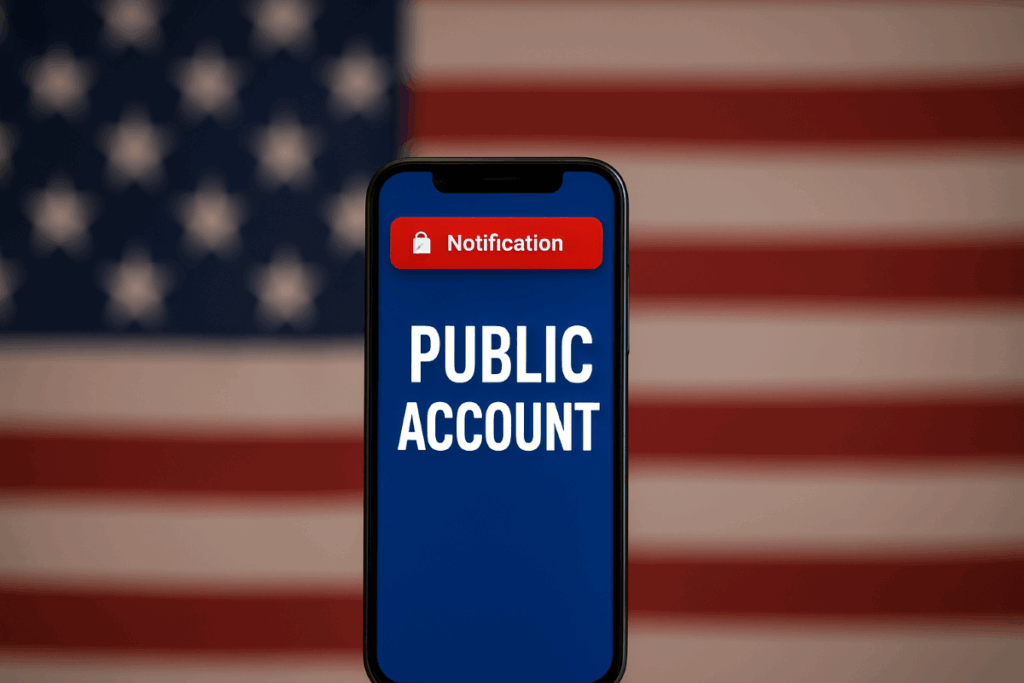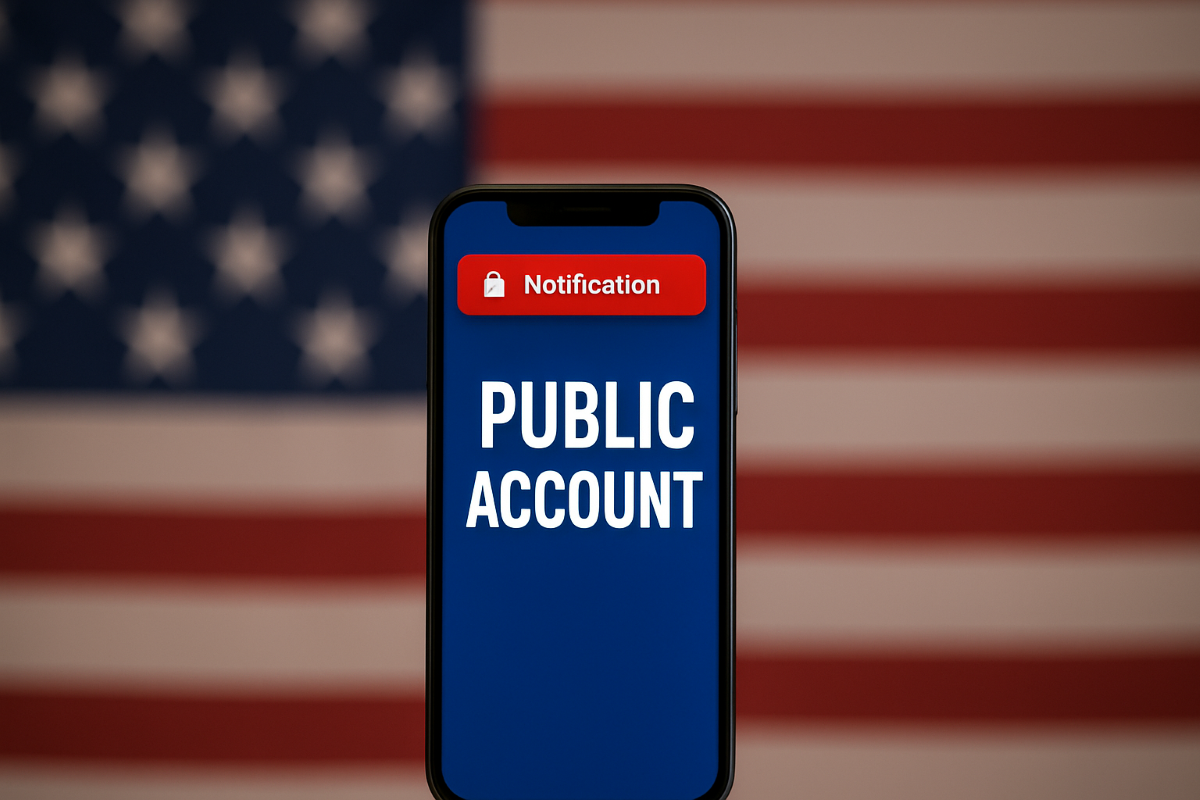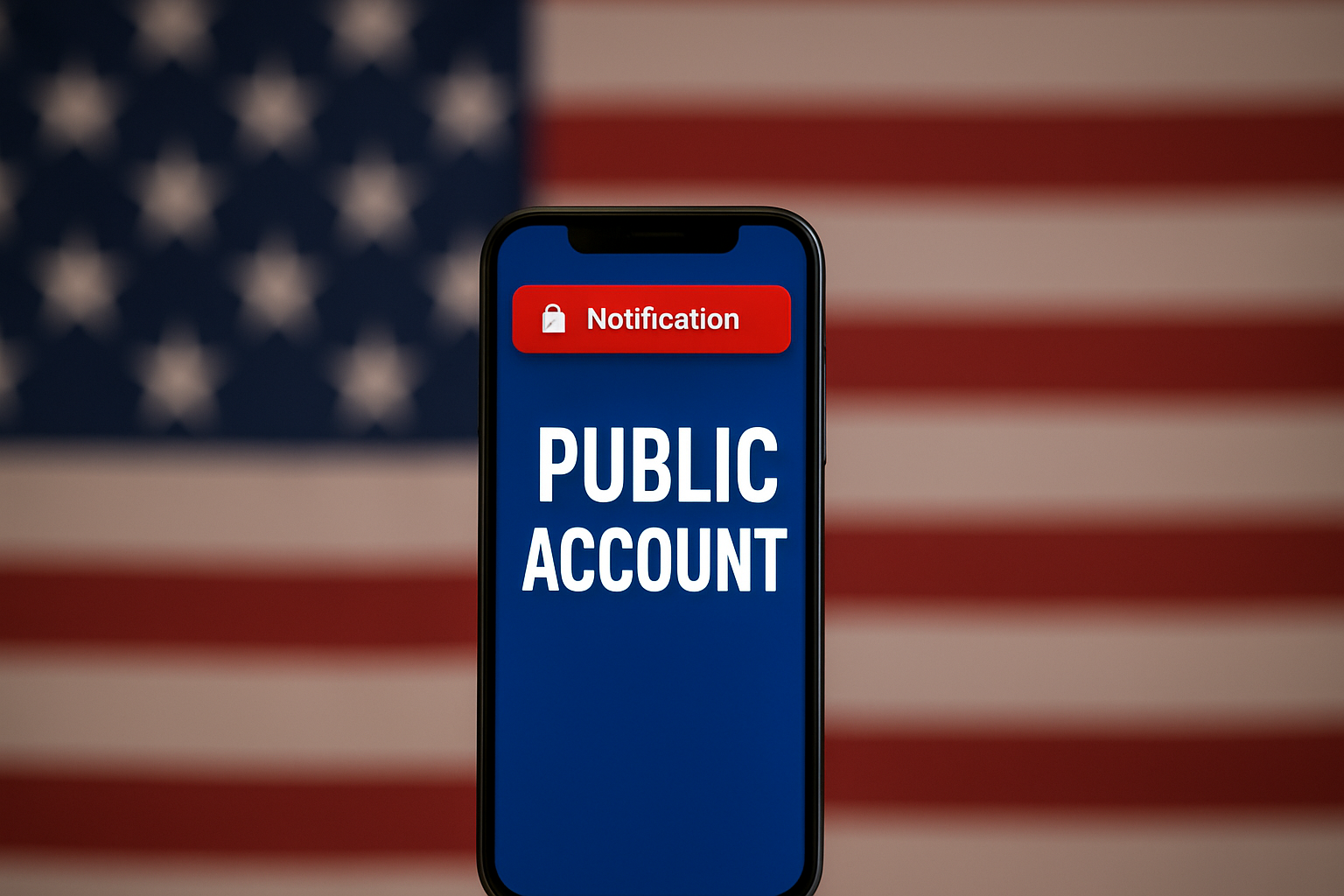The United States has introduced a major policy shift affecting visa applicants: anyone applying for F, M, or J nonimmigrant visas must now set all personal social media accounts to “public” status. The U.S. Embassy in India officially announced the update, stating that it takes immediate effect. This change directly impacts international students, exchange program participants, and vocational visa seekers.
National Security Trumps Privacy
The embassy justified this move by framing each visa review as a national security decision. According to an official statement on X, applicants must make all social accounts publicly visible to allow full vetting by consular officers. Refusing to do so may result in the denial of the visa.
This requirement builds on earlier protocols established in 2019, when visa forms began asking applicants to list all social media handles. Now, the U.S. Department of State takes it a step further: not only must these usernames be disclosed, but the accounts must be fully accessible to government authorities during the application process.
What the Rule Means for Indian Students and Global Applicants
For thousands of Indian students heading to the U.S. every year, this could introduce both technical and ethical challenges. They must review and potentially alter privacy settings across platforms such as Instagram, Facebook, X, and LinkedIn before applying. Similar directives are being echoed by U.S. embassies in other countries. The embassy in Mexico, for instance, requires disclosure of all social media handles used in the past five years.
This growing demand for digital transparency reflects a global trend toward deepened surveillance under the guise of immigration control.
Privacy and Cybersecurity: A False Trade-off?
From a cybersecurity perspective, forcing users to set their personal data to public directly contradicts best practices. Social media accounts often contain sensitive details such as email addresses, physical location tags, or personal opinions. Publicizing this information exposes individuals to a greater risk of impersonation, phishing, and profiling.
This policy also blurs the line between voluntary disclosure and coerced exposure. It forces applicants into a vulnerable digital posture just to pass a gatekeeping mechanism—raising real questions about data sovereignty, consent, and international privacy norms.
A Step Backward for Digital Rights
While the State Department claims this is necessary to prevent the entry of individuals who may pose a threat, it offers no transparent framework for how the data is analyzed or used. The absence of clear criteria introduces a risk of discrimination and algorithmic bias. It also signals to other countries that invasive vetting methods are becoming standard practice.
What Should Applicants Do?
-
Audit all social media platforms used within the past five years
-
Remove or hide sensitive content where possible
-
Set visibility to public before starting the visa application
-
Monitor accounts for suspicious activity post-disclosure
Navigating the intersection of cybersecurity and immigration? Our cybersecurity services are tailored to organizations managing cross-border data exposure.
Final Thoughts
The new visa directive is not just a bureaucratic tweak—it’s a test case in how national security is now being enforced through personal data access. For international applicants, it’s a reminder that digital footprints are no longer private assets. They’re public currency.
Read the full article from The Hacker News here.





